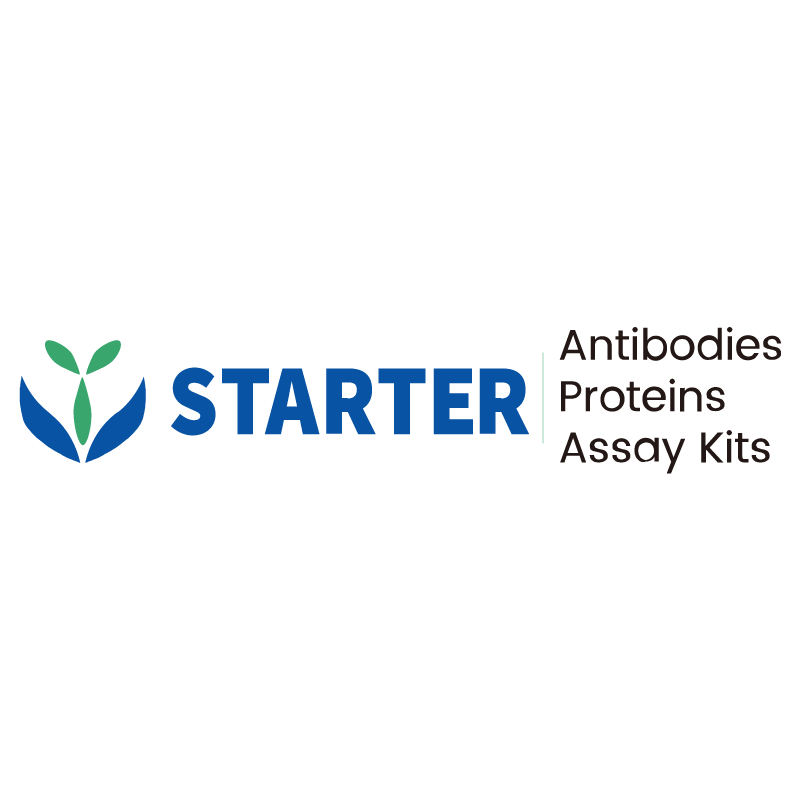WB result of AACT Rabbit polyclonal antibody
Primary antibody: AACT Rabbit polyclonal antibody at 1/1000 dilution
Lane 1: Human plasma lysate 5 µg
Lane 2: Human serum lysate 5 µg
Secondary antibody: Goat Anti-Rabbit IgG, (H+L), HRP conjugated at 1/10000 dilution
Predicted MW: 48 kDa
Observed MW: 50~70 kDa
Product Details
Product Details
Product Specification
| Host | Rabbit |
| Synonyms | Alpha-1-antichymotrypsin, ACT, Cell growth-inhibiting gene 24/25 protein, Serpin A3, |
| Immunogen | Recombinant Protein |
| Location | Secreted |
| Accession | P01011 |
| Antibody Type | Polyclonal antibody |
| Isotype | IgG |
| Application | WB |
| Reactivity | Hu |
| Purification | Immunogen Affinity |
| Concentration | 1 mg/ml |
| Conjugation | Unconjugated |
| Physical Appearance | Liquid |
| Storage Buffer | PBS, 40% Glycerol, 0.05% BSA, 0.03% Proclin 300 |
| Stability & Storage | 12 months from date of receipt / reconstitution, -20 °C as supplied |
Dilution
| application | dilution | species |
| WB | 1:1000 | null |
Background
Alpha 1-antichymotrypsin (symbol α1AC, A1AC, or a1ACT) is an alpha globulin glycoprotein that is a member of the serpin superfamily. Alpha 1-antichymotrypsin inhibits the activity of certain enzymes called proteases, such as cathepsin G that is found in neutrophils, and chymases found in mast cells, by cleaving them into a different shape or conformation. This activity protects some tissues, such as the lower respiratory tract, from damage caused by proteolytic enzymes. This protein is produced in the liver, and is an acute phase protein that is induced during inflammation. Deficiency of this protein has been associated with liver disease. Alpha 1-antichymotrypsin is also associated with the pathogenesis of Alzheimer's disease as it enhances the formation of amyloid-fibrils in this disease.
Picture
Picture
Western Blot


